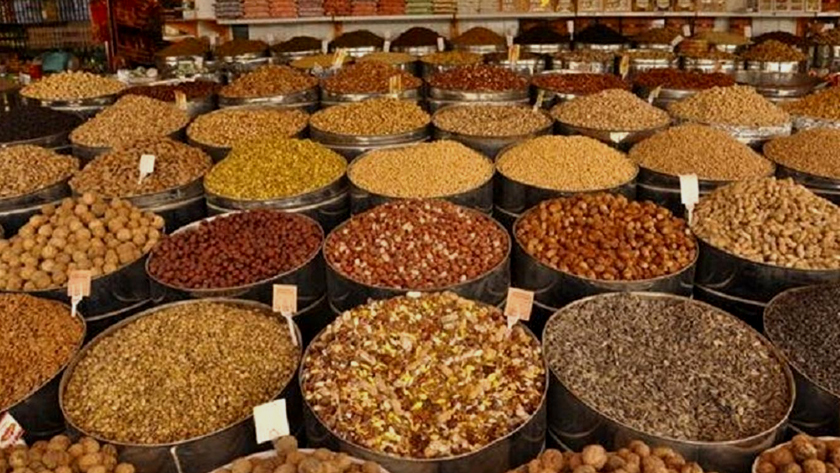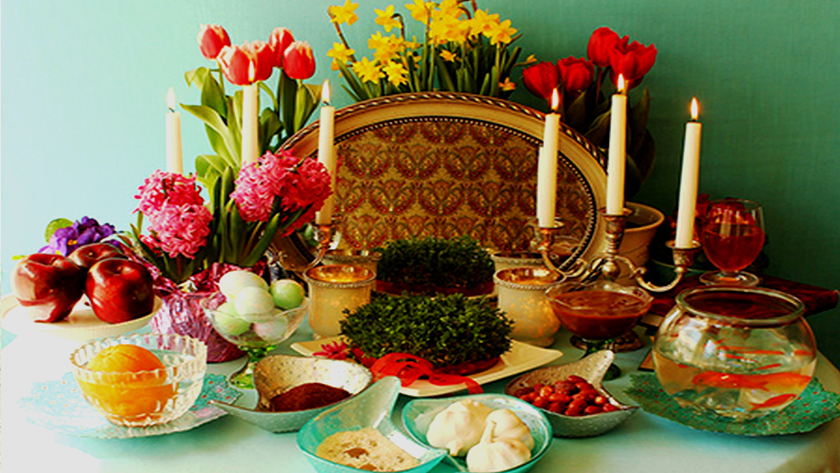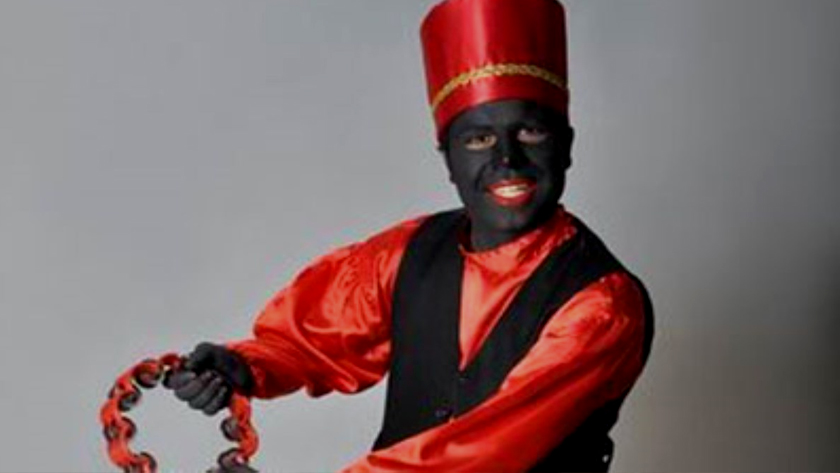Iran Press/ Iran News: The new year celebration is held in each country with a special ritual. Nowruz in Iran is a new beginning that arrives with the spring equinox and somehow motivates people with a new feeling and regeneration zest.
This beginning is one of the most significant Iranian events that is celebrated all over the world by Iranians and some other ethnic-linguistic groups (Tajik, Turkish, Afghan, etc.) as the beginning of the Persian New Year which is accompanied by special rituals. The roots of this traditional festival and its existence go back to pre-Achaemenid and Median times. After the advent of Islam, Nowruz remained a significant social tradition. Islam eliminates the superstitious and negative aspects of these traditions by honoring Nowruz and other inspiring days while it asked the people to accompany their joys with anecdotes on the days of Nowruz celebrations and to avoid negligence.
These days, the people of Iran celebrate the traditions of Nowruz. Traditions mixed with local rituals in various local places; including shopping and preparations before the New Year starts, Chaharshanbe Suri (Fireworks celebrations on eve of the year's last Wednesday), growing Sabze, New Year celebration ceremony, setting the Haft Sin table, visiting family, giving hansel, and finally the celebration of nature on 13th of Farvardin, which all of them are spiritual heritages that are rooted in the heart of every Iranian individual. Appreciating spiritual heritage purifies everyday life and human relationships as Spring overcomes Winter.
New Year's Eve shopping

Before the New Year begins in March, the markets of the cities are crowded with people who are shopping for the necessities of the Nowruz celebration, such as clothes, household items, nuts and sweets; this is so as everyone desires to make a change in their lives on Nowruz and starts the new year with joy and new clothes. One of the customs that is observed among businessmen and traders is the financial calculation, also people who practice business activity start calculating their property before the fiscal year ends. The point is that Islam teaches that at the end of the year, as people consider their financial matters, they should do a spiritual calculation too, that is, they should review everyday life for a year and take care of spiritual status.
Haft Sin

Every year, people in different cities of Iran gather together before the start of the new year and set a table consisting of items which start with S in the Persian alphabet. Iranian Haft Sin includes Sumac (symbol of life), Hyacinth (symbol of spring), Coin (symbol of success and happiness), Oleaster or Senjed (symbol of love), apple (symbol of beauty and health), Samanu (symbol of sweetness of life), and Sabzeh or Sprout (symbol rebirth and regeneration). As well as these elements, Iranians tend to put other items such as a mirror, candle, colored eggs, a bowl of water with an orange floating in it, goldfish, and traditional sweets and pastries.
Hajji Firuz

One of the signs of Nowruz in Tehran is the joy and dancing of Haji Firuz, a fictional character in Iranian folklore who appears in the streets by the beginning of Nowruz. His face is covered in soot, and he is clad in bright red clothes and a felt hat. He dances through the streets while singing and heralding the arrival of spring. Another custom of the people of Tehran to start the new year is to bake homemade sweets, which are different in recipes comparing other cities.
Family visits, reconciliations
Reconciliation and family visits are the most important instructive lessons of Islam in the Islamic lifestyle. This custom plays an important role in creating kinship solidarity and social reform. Familial visits and observance of relationships sustain kindness and friendship. This desirable tradition can be manifested in any kind of material, spiritual, social, psychological, and emotional help. Islam has strongly emphasized the strengthening of kinship, family ties and also has made caring of relatives obligatory as a divine value and God Almighty has placed it in the line of his worship. Reconciliation is a devotional act and one of the most beautiful and benevolent religious practices in socializing. A practical commitment to it, if motivated by religious duty, is a fundamental step in strengthening religion in terms of social values and norms. This benevolent tradition plays an important role in strengthening the individual's beliefs, satisfying spiritual desires, and growing and promoting benevolent deeds. Therefore, the observance of family relationships as a religious duty is desirable due to its impact on establishing and strengthening social ties.
In this regard, family visits and gatherings are ancient Iranian customs. The younger ones go to see the older ones and get a Nowruz gift for daily blessings in the upcoming year. Although the coronavirus has diminished.
224
Read More:
Iranian Nowruz, flagship of Int'l Spring Festival in Pakistan
Iranian women and Nowruz celebration
Nowruz; message of rejecting violence, enmity, unilateralism
Maryam Abolbagha

